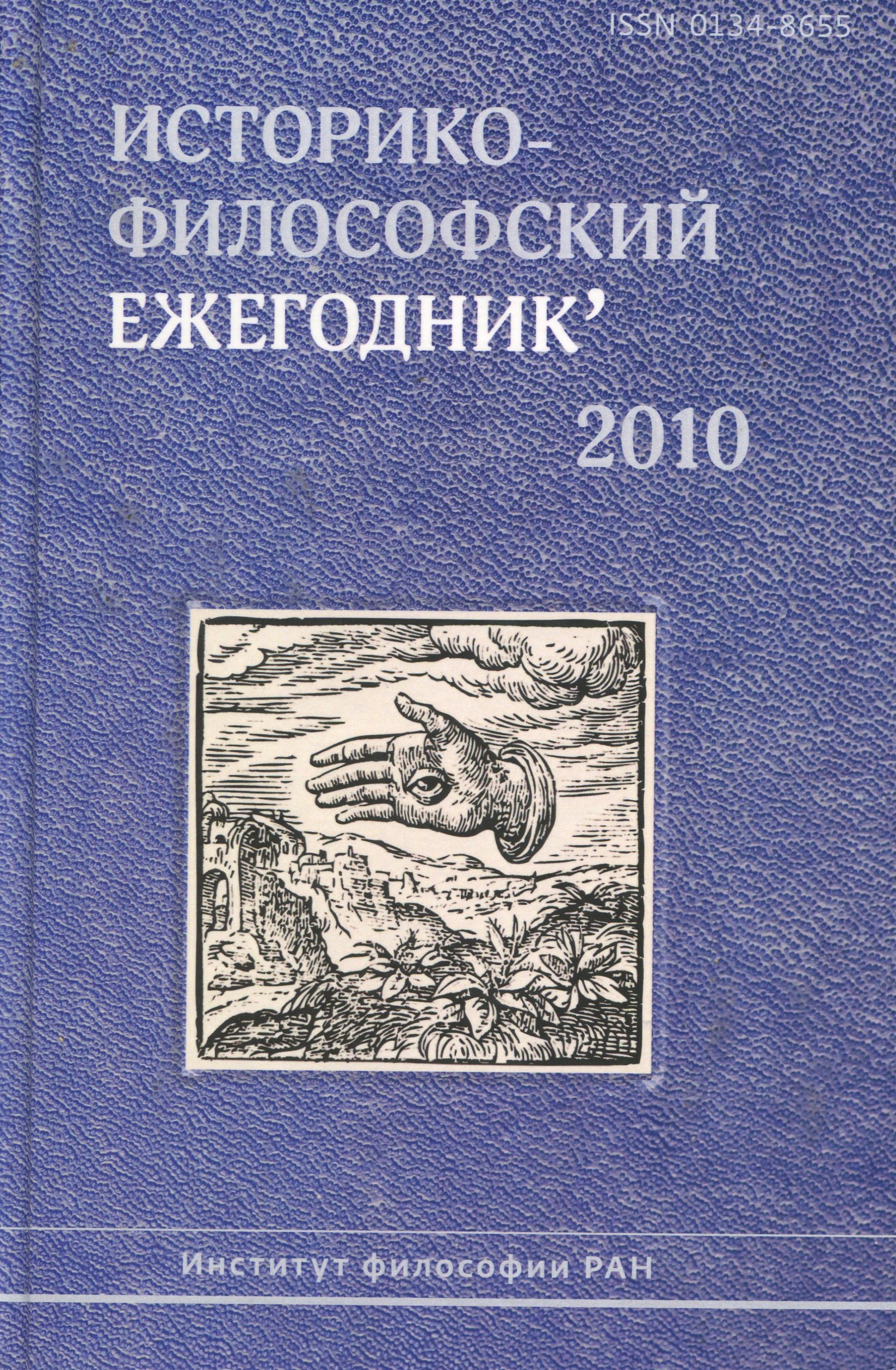Elements of apophatic theology in writings of Marius Victorinus
Keywords:
PATRISTICS, CHRISTIAN THEOLOGY, TRINITARIAN DOCTRINE, MARIUS VICTORINUS, ΑNCIENT GREEK PHILOSOPHY, NEOPLATONISM, PLOTINUS, PORPHYRYAbstract
This paper concerns with an apophatic theology in the writings of Marius Victorinus and its philosophical sources. The author distinguishes three types of apophaticism: first, a consistently philosophical apophaticism, based on the Neoplatonic doctrine of the One, in which Three Hypostases of the Holy Trinity are considered as manifestations of the impersonal absolute Principle; second, an apophaticism, based on identification of God the Father as the Non-Being, which is above the Being, with the absolute One; the Father as the Non-Being begets the Son as the universal Being, in which the hidden nature of the Father is made manifest; third, an apophaticism, in which God the Father is considered as the pure act of Being without any definitions, who is manifested in His Logos as in the true existent Being, bearing in Himself Divine Life and Wisdom (Intellect, the latter is identified with the Holy Spirit). This type of apophaticism is the most original one, which idea Victorinus could borrow from Porphyry. In the end the author makes some remarks about a possible influence of the apophatic theology of Victorinus on later Christian tradition.

